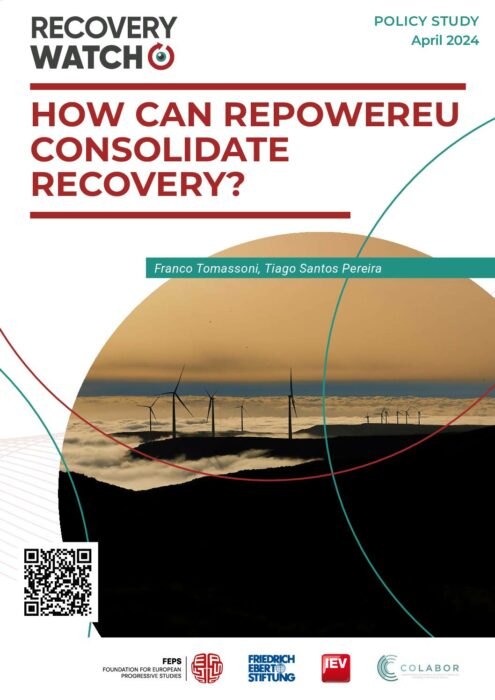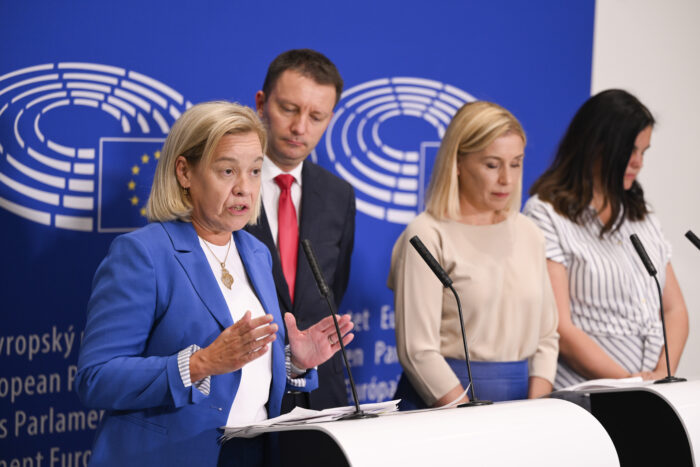Find all related publications
Publications
Find all related events
Events
Past
22/04/2022
Palermo (Italy)
17/11/2021
22/06/2021
Load more...
Find all related Audiovisual
Audiovisual
24/05/2023
18/05/2022
10/09/2021
24/06/2021
Find all related news
News
Find all related in the media
In the media
In an article in Delo, László Andor criticises Viktor Orbán government's economic policies, such as not allowing Hungary to join the euro area, which he believes would have helped curb inflation. He also criticises the government for blaming external enemies such as the President of the European Commission, to cover up its own failures.










